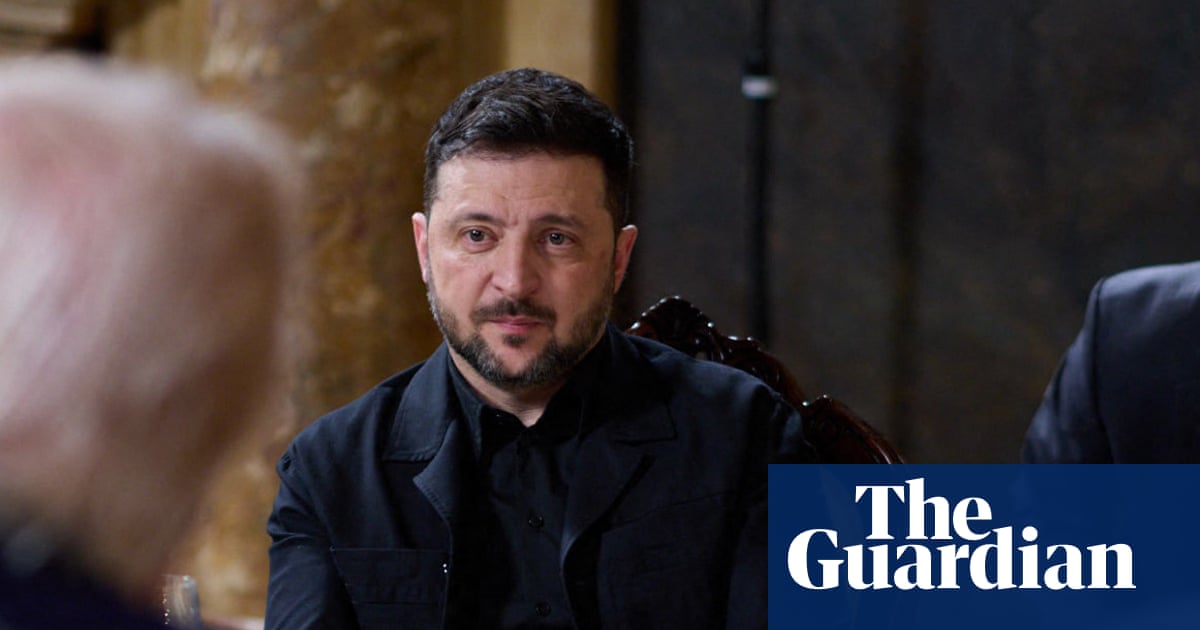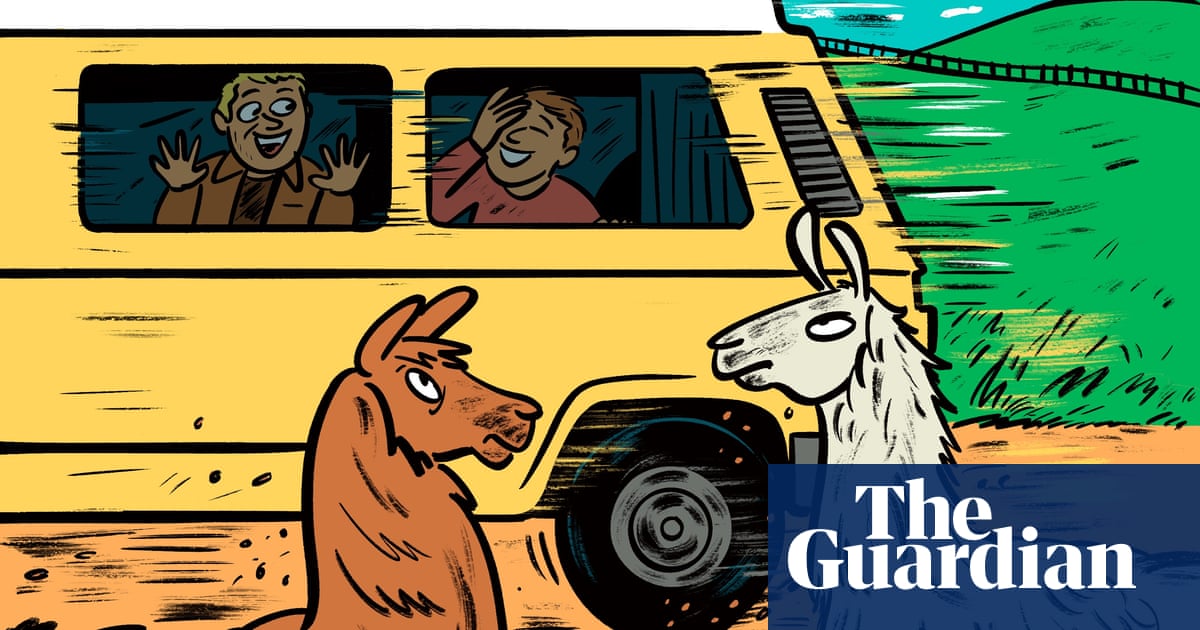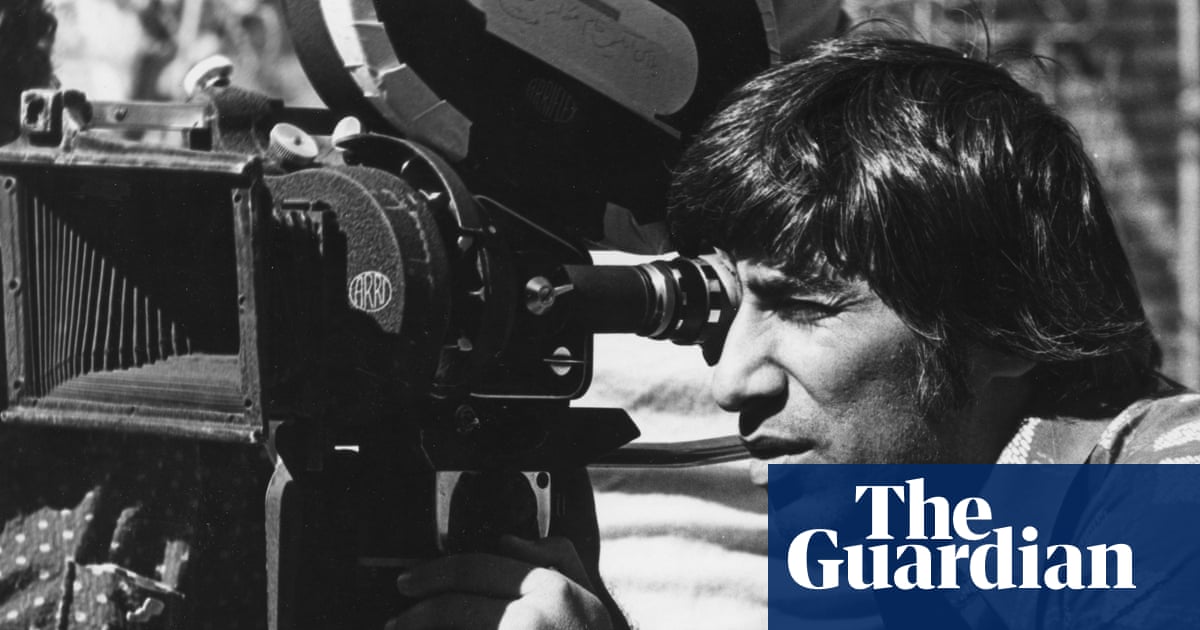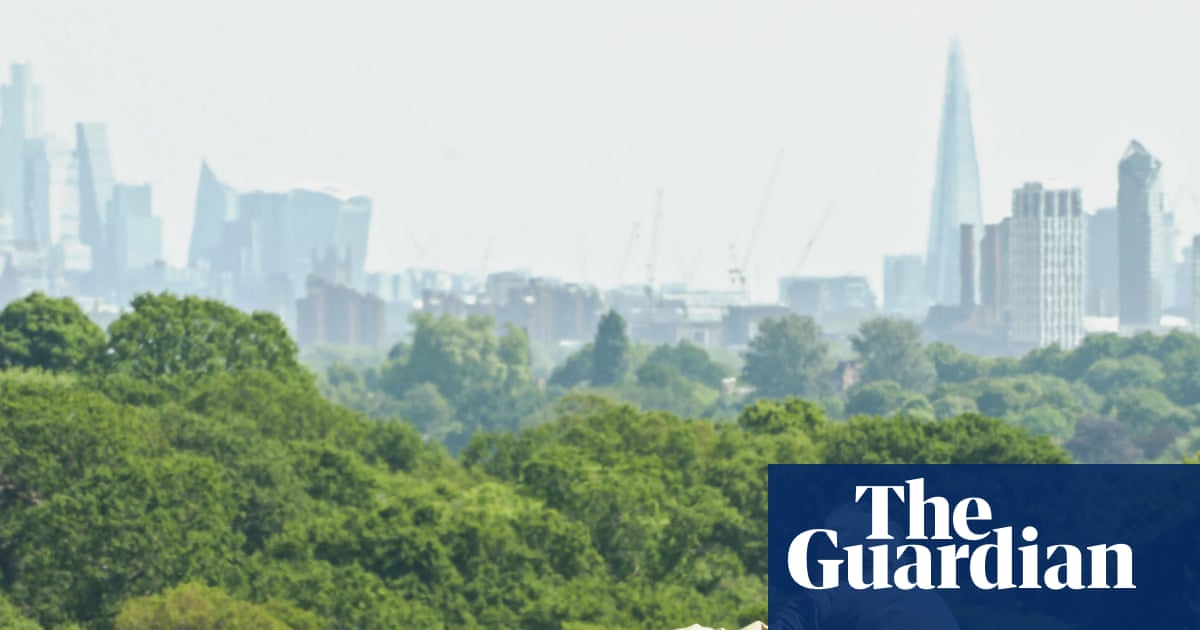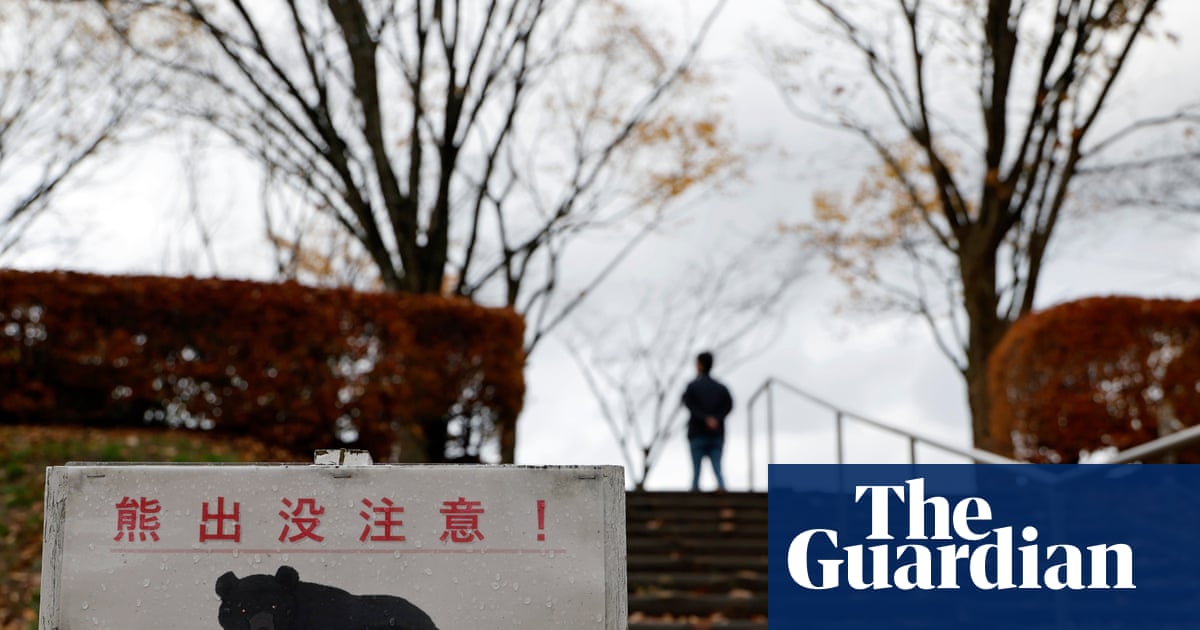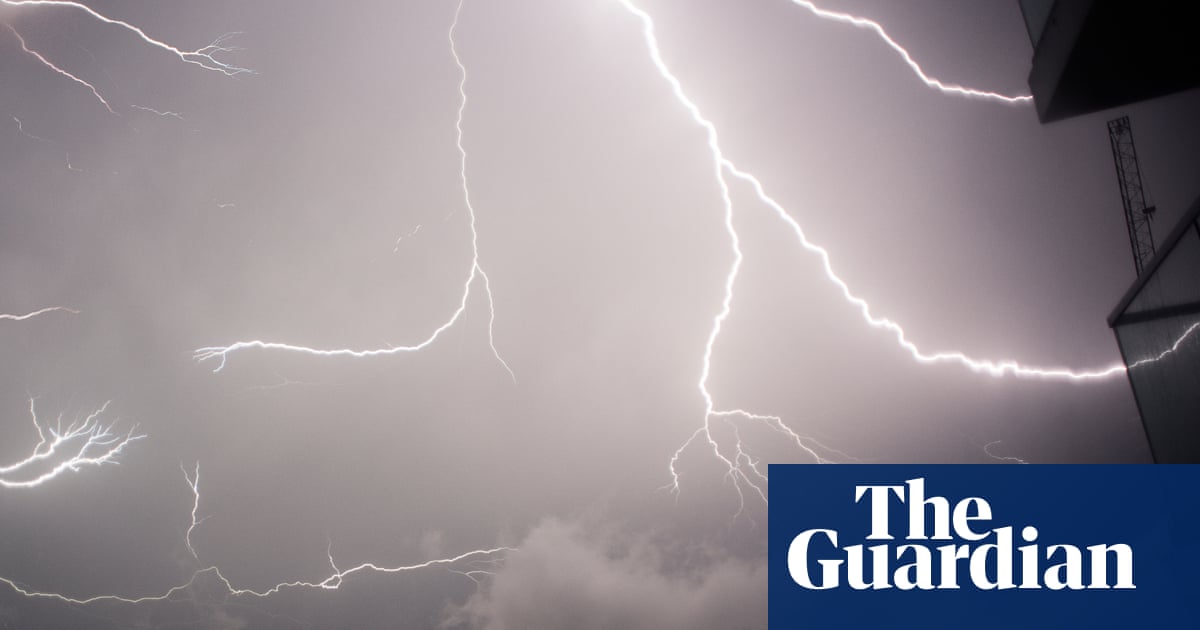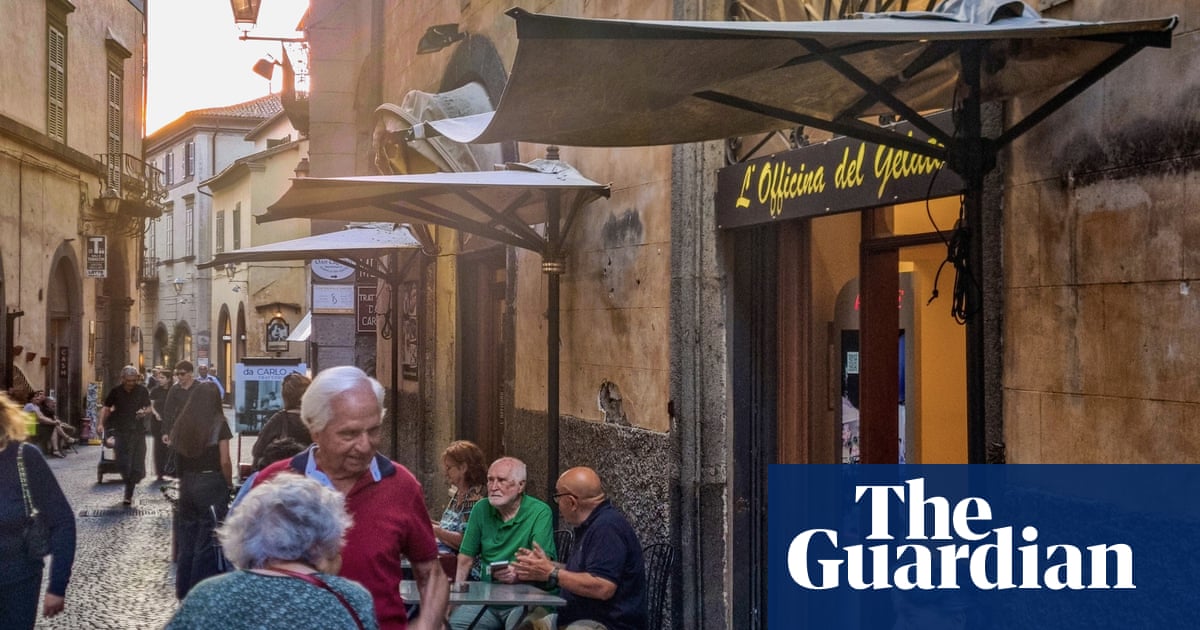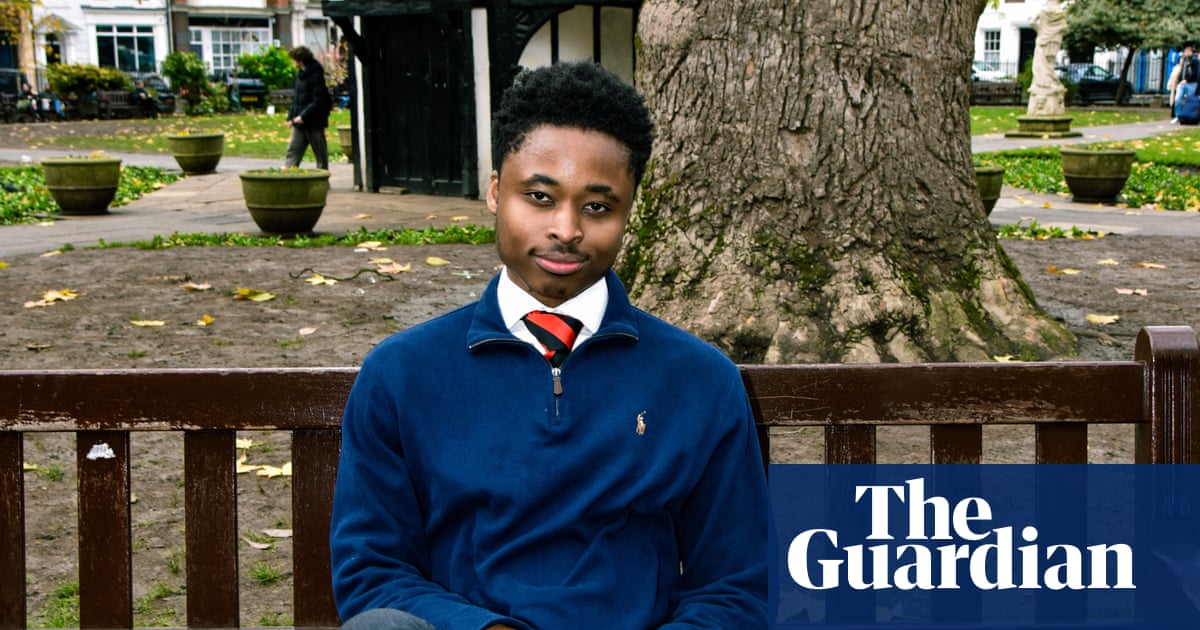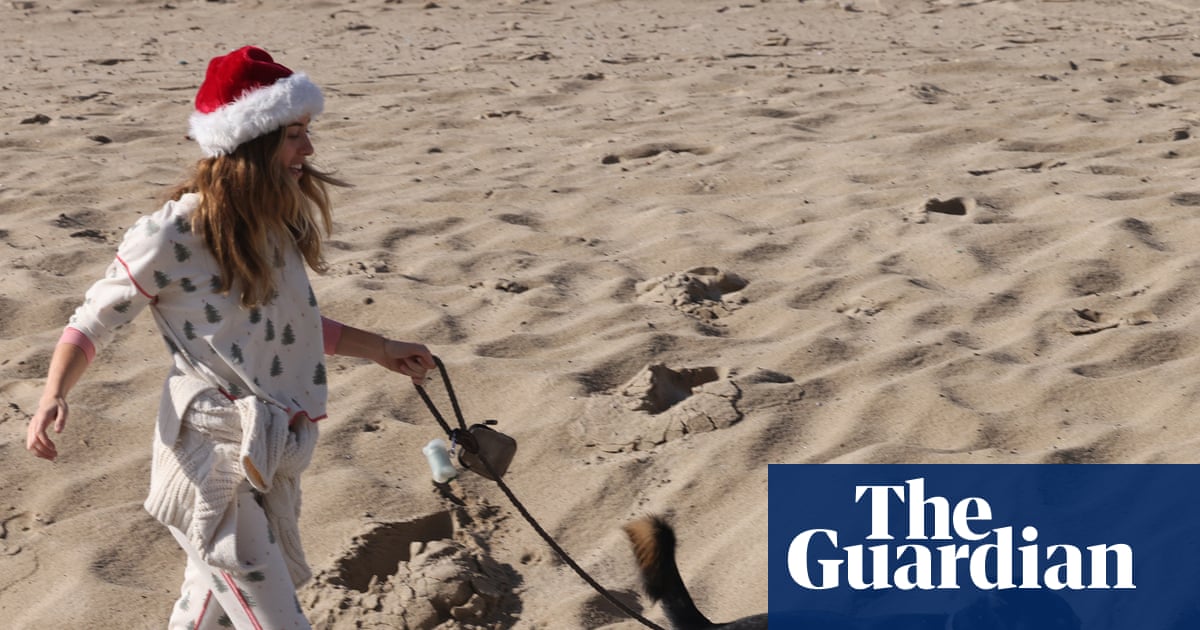South African prosecutors will reopen an inquest into the death of the prominent anti-apartheid activist Steve Biko, nearly 50 years after he died in police custody.
Biko, the founder of South Africa’s Black Consciousness Movement, died in a prison cell in 1977 aged just 30, after being beaten into a coma by police who had arrested him nearly a month earlier.
The death sparked outrage across the world and he became an international symbol of the struggle against the race-based apartheid system that denied South Africa’s black majority political and economic rights.
“The main goal of reopening the inquest is to lay before the court evidence that will enable the court to make a finding … as to whether the death was brought about by any act, or omission, which prima facie involves or amounts to an offence on the part of any person,” the National Prosecuting Authority (NPA) said on Wednesday.
The case will be reopened on the 48th anniversary of Biko’s death on 12 September.
A 1977 inquest accepted the police account that Biko sustained injuries when he hit his head against the wall and no one was prosecuted for the death.
But in 1997, former police officers implicated in the case admitted assaulting the activist during hearings by the Truth and Reconciliation Commission (TRC) into atrocities committed during the apartheid era.
The TRC refused to grant amnesty to the officers, ruling that they lied in their evidence and failed to prove a political motive for killing Biko.
after newsletter promotion
The activist’s story inspired Peter Gabriel’s song Biko and later the Richard Attenborough film Cry Freedom.
The decision to reopen the inquest is the latest in a string of moves to re-examine high-profile apartheid-era deaths. In April the president, Cyril Ramaphosa, launched an inquiry into whether past ANC governments interfered with the investigation and prosecution of apartheid-era crimes, amid criticism from the families of victims.
In June an inquest was opened into one of the period’s most notorious crime: the deaths of four men known as the Cradock Four, who were stopped at a roadblock in 1985 by security officers and beaten, strangled with telephone wire, stabbed and shot to death.

 3 months ago
56
3 months ago
56
